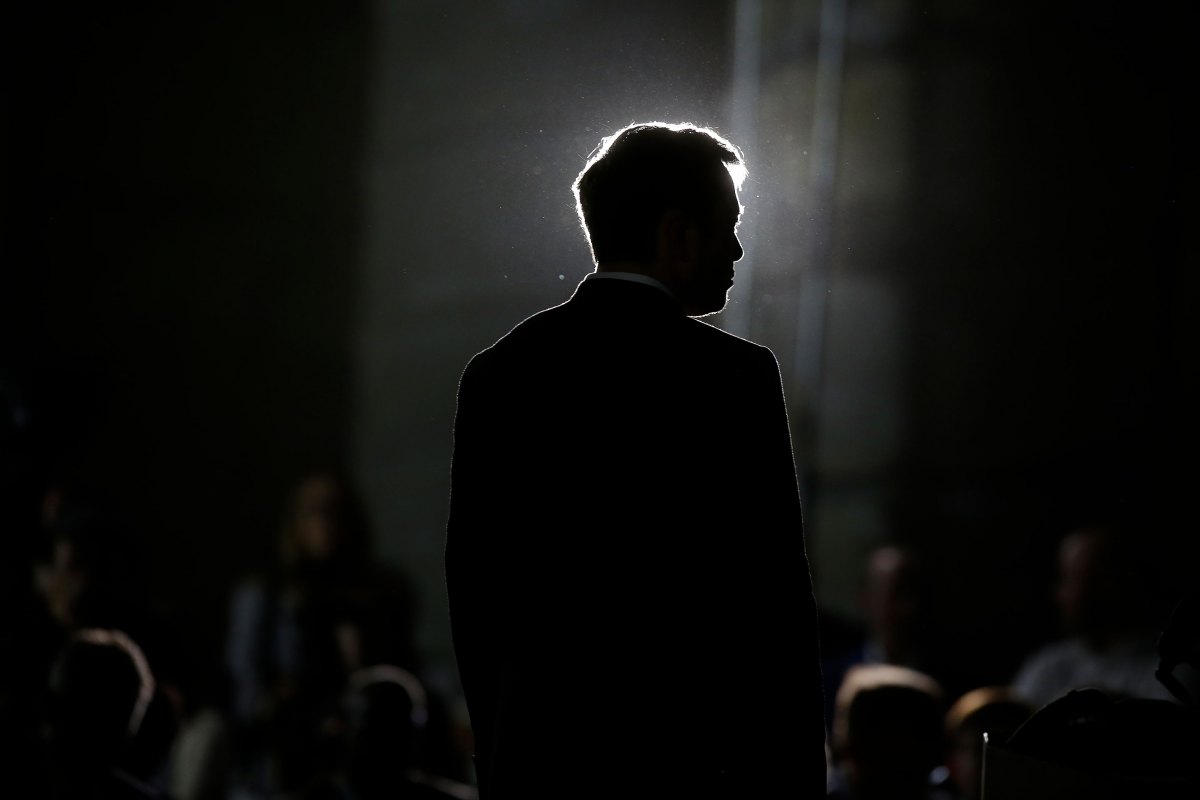AI News Highlights: Musk’s Bold Bid for OpenAI This Week!
Welcome to the latest edition of our AI newsletter, where we bring you the most significant updates in the world of artificial intelligence. This week, the spotlight shines on Elon Musk’s controversial bid for OpenAI and its implications for the future of AI governance.
The Billionaire Showdown: Musk vs. OpenAI
On Monday, Elon Musk, the world’s richest individual, made headlines by offering to acquire the nonprofit organization that oversees OpenAI for a staggering $97.4 billion. This unexpected move has ignited discussions about the future direction of OpenAI, especially as it aims to transition into a for-profit public benefit corporation within the next two years.
OpenAI’s Response to Musk’s Offer
In a witty retort, OpenAI’s CEO Sam Altman took to social media platform X, stating, “No thank you, but we will buy Twitter for $9.74 billion if you want.” This jab references Musk’s earlier purchase of Twitter for $44 billion in 2022.
Potential Legal Implications
Musk’s proposal may complicate OpenAI’s goals and raise questions about the valuation of its nonprofit status. The board of OpenAI now faces several challenges:
- Defining Value: Musk’s bid does not establish a clear value for OpenAI’s nonprofit.
- Hostile Takeover Claims: OpenAI could categorize Musk’s offer as a hostile takeover, given the strained relationship between him and Altman.
- Funding Verification: Questions may arise regarding Musk’s financial capability to follow through with the bid.
In a statement, Andy Nussbaum, representing OpenAI’s board, firmly stated that the nonprofit is “not for sale” and emphasized that it is not up to a competitor to determine what is in the best interests of OpenAI’s mission.
Latest Developments in AI Technology
Apple’s Innovative Robot
In other tech news, Apple has unveiled a new research robot inspired by Pixar’s creativity. This robotic lamp interacts with users, responding to queries in Siri’s voice, offering a unique blend of functionality and entertainment.
The Impact of AI on Critical Thinking
Recent research has raised concerns about the effects of generative AI on critical thinking skills. A study indicates that excessive reliance on AI may lead to a decline in our problem-solving abilities, especially when faced with challenges that AI cannot address.
OpenAI’s Vision for AI Accessibility
In a personal blog post, Sam Altman discussed the need for AI benefits to be distributed more widely. He proposed innovative ideas, such as a “compute budget,” to ensure that everyone globally can utilize AI effectively.
Christie’s AI Art Controversy
The fine art auction house Christie’s is set to host its first exhibition dedicated entirely to AI-generated art. This announcement has sparked mixed reactions, including a petition calling for the cancellation of the event.
Research Highlight: AI Benchmarking Challenges
A recent study from MIT CSAIL reveals that many AI models struggle with basic tasks due to erroneous benchmarks. The research highlights that over 50% of model errors stem from mislabeled or ambiguous questions in popular AI benchmarks.
Researcher Aleksander Madry stated, “If we want to properly quantify model reliability, we need to rethink how we construct benchmarks to minimize label errors.”
Model of the Week: Boring Reality Hunyuan LoRA
Introducing the Boring Reality Hunyuan LoRA (Boreal-HL), a unique AI video generator that focuses on creating mundane yet amusing content. From tourists enjoying ice cream to executives at lunch meetings, this model produces clips that showcase everyday scenes, albeit with a lengthy generation time.
Innovations in AI Training
Recent advancements in AI efficiency have made it easier and more cost-effective to train sophisticated models. A team from Shanghai Jiao Tong University demonstrated that a model trained on just 817 curated samples can outperform those trained on 100 times more data. This breakthrough suggests the potential for creating open models that rival established ones, like OpenAI’s reasoning model, at a fraction of the cost.
For more updates on AI and technology, be sure to check out our related articles or visit credible sources such as TechCrunch.







